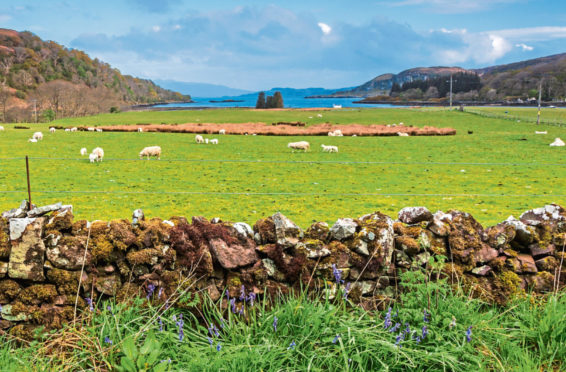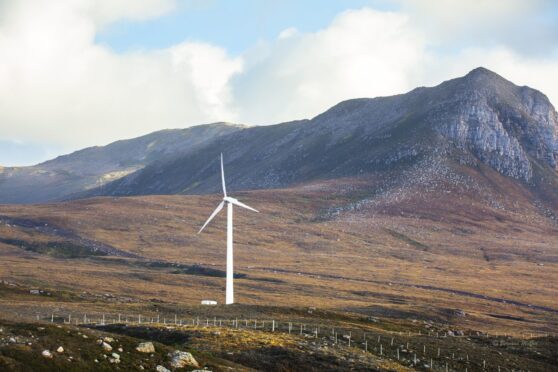The impacts of Covid-19 on the agritourism sector could last well beyond 2020 and have knock-on effects on the wider rural economy.
Although the “stay at home” message has been acknowledged as necessary across the political and industrial sectors, the pandemic has hit some agritourism businesses, including farm tours, self-catering, farm experiences and emerging offers including lambing events, particularly hard.
For some farms, agritourism is more than a sideline, it is an increasingly important part of the core business
Caroline Millar of five-star rated The Hideaway Experience, says the agritourism luxury accommodation side of the business had a 90% occupancy rate last year, but has been busy rescheduling stays and processing refunds for cancelled stays – more than £10,000 so far.
The firm estimates that a three-month closure will hit their bottom line by £100,000 and their eight staff are already at home while the company applies for support from the government’s furlough scheme.
For more recent entrants into the sector, the impact has not been so severe.
Sascha Grierson, of Perthshire-based Grierson Organics, said the farm was still developing the agritourism side of their business, so the impact has not been as devastating as some.
However, for the sector overall, the effect might be felt long after 2020.
Ms Grierson said: “It is not so much lost sales this year, it’s about further down the line.
“For some, the addition of agritourism to a farm is intended to allow the next generation to keep farming – it is a way of maintaining the viability of the business.
“Plans we had to utilise spaces here are now on hold, but we still have the maintenance costs associated with them, although we are continuing with the farm retail operation with appropriate safeguards in place.”
Claire Fleming of Peel Farm near Glenisla, which offers a farm cafe and gift shop, farm shop, self-catering accommodation and glamping pods, said her 20 staff, who are mostly part-time have been placed on furlough.
She said: “This is absolutely unprecedented – it’s the uncertainty of the situation that is worst in some ways as we don’t know when this will end, it’s very worrying.
“We are still doing deliveries to the local area, but not everyone is aware of this, so I’m concerned for people.
“A lot of accommodation customers are transferring their bookings, but the thing is we don’t know how long they will have to wait.
“Although I can use the time to do jobs that I hadn’t been able to get round to, it’s not generating income.”
On the upside, there are reports of increasing footfall at farm shops as panic-buying in supermarkets puts some goods in short supply, something that owners hope will continue after the pandemic ends.
Caroline Millar concluded: “Agritourism is now a core part of many farms and closes the gap between producer and consumer.
“When this is over, it will be an opportunity to assess and recognise the role and contribution of agritourism to the local and national economy and see how it is done elsewhere.
“If you built five hotels in Princes Street, you would see the impact, but because agritourism often consists of micro-businesses spread out across Scotland, their importance sometimes goes unrecognised.”
jmillar@thecourier.co.uk










